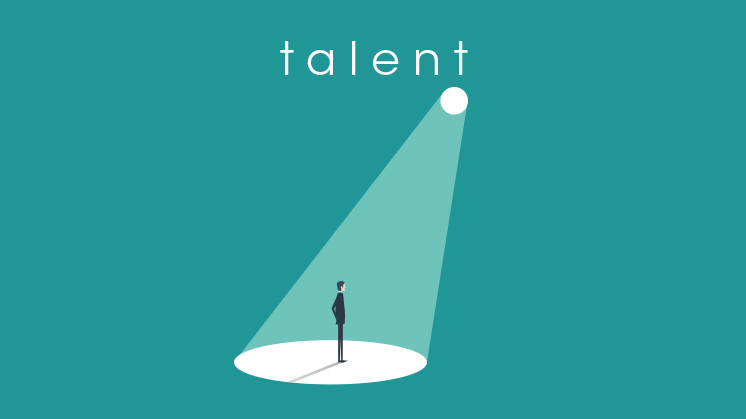"They're not fond of rules. You can quote them, disagree with them, glorify or vilify them. But the only thing you can't do is ignore them. Because they change things". This phrase of Apple's famous "Think Different" ad talks about disruptive people: those who think differently and independently, have their own ideas and a huge capacity to be creative and innovate.
Disruptive talent drives a company to success. Detecting and managing it efficiently is a challenge, not only for the professionals of the human resources area, but for the company as a whole, which must provide them with the adequate environment in which they can develop their ideas.
The Innovation & Entrepreneurship Business School (IEBS) gives us a few keys to detect disruptive employees:
- They think and act different than others.
- They debate and question their colleagues or managers to seek for alternative and innovative solutions.
- They are natural born trend hunters.
Many companies might be reluctant to hiring them because they might generate a certain degree of friction with other workers. Therefore, the presence of a professional coach is essential, to make sure that the talent of these employees does not stray from the company's objectives.
The professional coach
Professional coaching is the process of partnering with clients in a thought-provoking and creative process that inspires them to maximise their personal and professional potential. Coaching helps people acquire skills to think differently and communicate better. And, even though some people have certain natural skills, the coach must receive specific training to shape and develop empathy, balance, assertiveness, intuition and analytical and synthesis skills, among other skills. According to the ICF Global Coaching study (2016), the professional coach has the following profile:
- Aged 45 to 54.
- 67% of professional coaches are women.
- They have completed certified training programs.
- Their annual income is of approximately $50,000.





